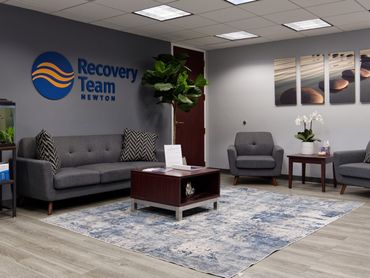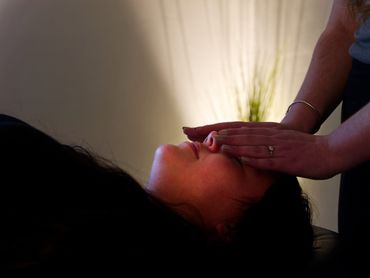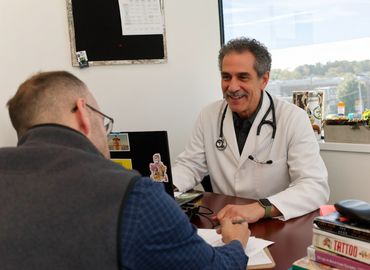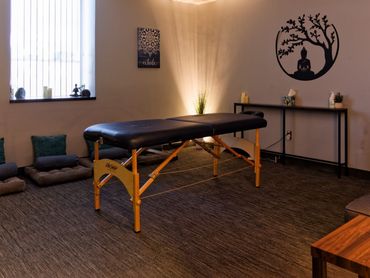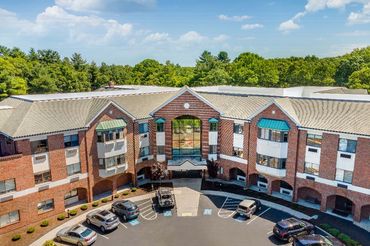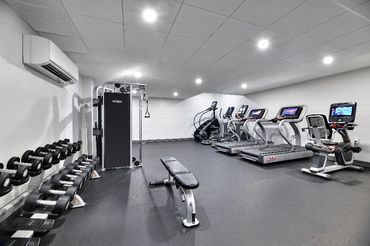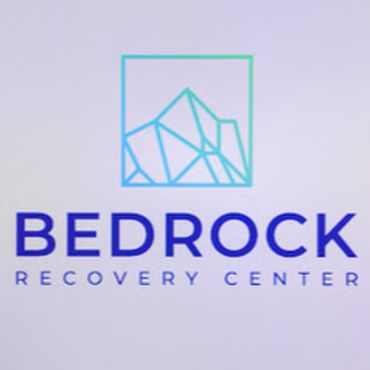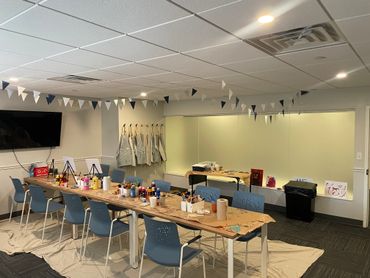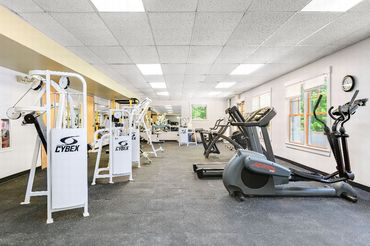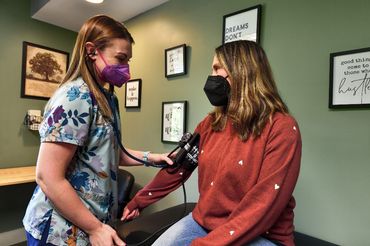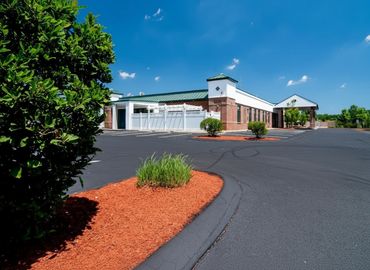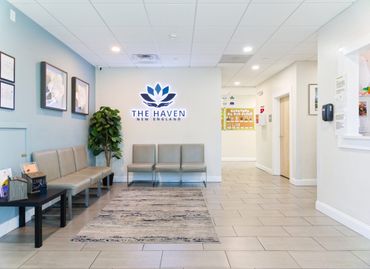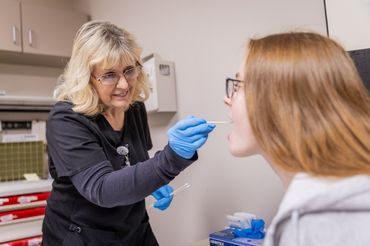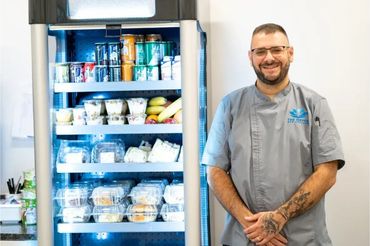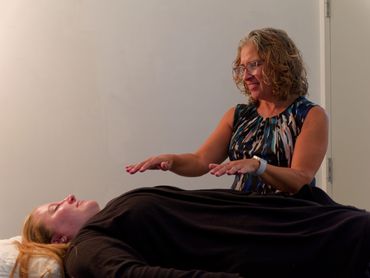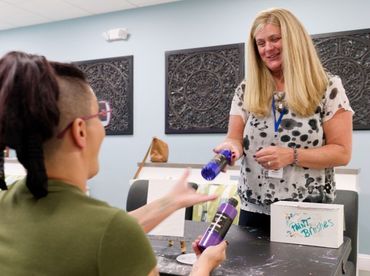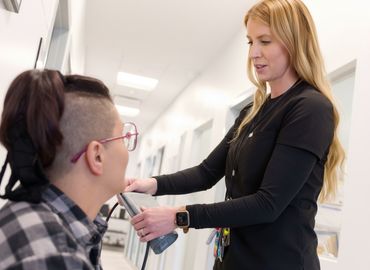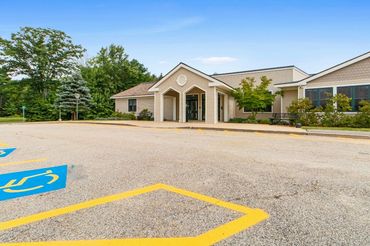
Drug & Alcohol Rehab Centers near Andover, MA
Finding treatment for substance use disorder in Andover, Massachusetts is a crucial first step towards recovery. Before embarking on this journey, it’s essential to understand the various treatment options available and explore payment options to ensure you or your loved one receives the necessary care.
Treatment Centers near Andover, MA

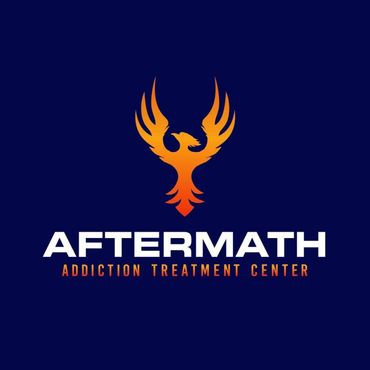
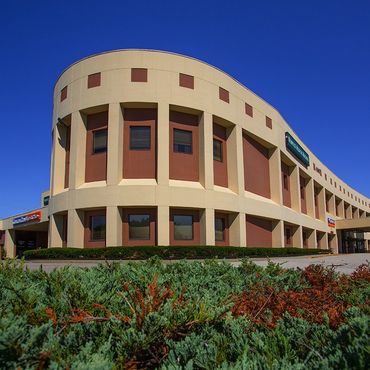
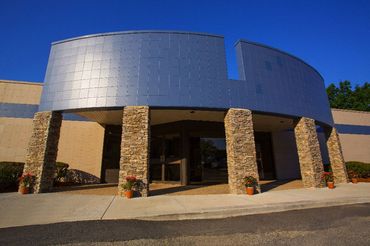
All Treatment Centers near Andover, MA
Are You Covered For Treatment?
- Worcester Rehabs
- Boston Rehabs
- Springfield Rehabs
- Brockton Rehabs
- Fall River Rehabs
- Taunton Rehabs
- New Bedford Rehabs
- Holyoke Rehabs
- Framingham Rehabs
- Tewksbury Rehabs
Information About Rehab in Andover
Latest Reviews
Latest Reviews of Rehabs in Massachusetts
Blue Hills Recovery
Blue Hills staff is attentive and caring. They really helped me. I didn't think therapy would work for me but I was wrong. This facility helped me and I am grateful.
The Recovery Team - Newton
Recovery Team Newton is a huge part of my sobriety. The staff are extremely knowledgeable and friendly. I not only learned so much to help me in my recovery. I also feel like I'm part of a lifelong family. The Facility is immaculate and comfortable
Gandara Addiction Recovery Program (GARP)
Strength:The meals. Weakness:Is all about money. Is easy to locate near a lot of conseler
Area Information
Andover, Massachusetts, a picturesque town in Essex County, is known for its rich history and beautiful landscapes. With a population of around 36,000 residents,1 Andover offers a mix of small-town charm and modern amenities. Its proximity to Boston, just 20 miles away, provides access to a wide range of addiction treatment resources and services, making it an ideal location for those seeking recovery.
Substance Misuse and Addiction in Andover, Massachusetts
Substance abuse and addiction pose a significant concern within Essex County, the very county where Andover is situated. A nationwide survey has revealed an alarming increase in illicit drug utilization, with rates in the county slightly surpassing the national average.2 Disturbingly, Essex County has witnessed a rate of 35 drug overdose deaths per 100,000 residents.2
Drug and Alcohol Rehab
Rehabilitation programs provide individuals with a variety of options and programs designed to treat addiction and support the journey to recovery. These programs are tailored to address the unique needs of each individual, recognizing that the path to recovery is different for everyone.
What Happens in Drug and Alcohol Rehab?
Within the realm of addiction treatment, there are multiple levels of care, including detox, inpatient, outpatient, and aftercare. Each level of care caters to individuals at different stages of their recovery journey, ensuring they receive the appropriate support and treatment.
Detox Programs
Detoxification (Detox) programs serve as the initial crucial step in the addiction recovery process. These programs are meticulously monitored by medical professionals who provide essential support to individuals experiencing the challenging phase of withdrawal. One of the key features of detox is the administration of medications tailored to alleviate the often severe withdrawal symptoms associated with various substances. This medically supervised period ensures that patients can safely transition to the subsequent phases of treatment, setting a solid foundation for their recovery journey.
How Long Is Detox in Rehab?
The duration of detox programs typically ranges from 3 to 7 days, although it may vary depending on factors such as the substance of abuse, the individual’s overall health, and the severity of withdrawal symptoms.
Inpatient Drug and Alcohol Rehab
Inpatient treatment programs, often lasting for 30, 60, or even 90 days, offer an immersive and intensive approach to addiction recovery. Patients in these programs reside within a specialized facility, allowing them to fully focus on their healing journey. Inpatient rehab works by providing a structured environment where individuals participate in various forms of therapy, including individual and group sessions. The immersive nature of these programs helps to break the cycle of addiction, while also addressing any co-occurring mental health disorders that may hinder recovery. The duration of inpatient treatment varies to accommodate the unique needs of each individual, ensuring that they receive the necessary support and time to achieve lasting sobriety.
Outpatient Drug and Alcohol Rehab
Outpatient treatment is designed for those individuals who require a more flexible approach to their recovery journey. These programs allow patients to continue their daily routines while receiving the support and therapy needed to overcome addiction. Outpatient treatment programs often consist of regular therapy sessions, which may include individual and group therapy, enabling patients to develop the necessary skills for relapse prevention and sustainable recovery. These programs provide tools for aftercare and help patients gradually transition back into their everyday lives with the support they require to maintain their newfound sobriety.
How Much Does Rehab Cost?
Paying for rehab can be a daunting prospect, but it should not deter anyone from seeking help. There are various options available, such as:
- Payment Plans
- Government Grants and Scholarships
- Free Rehab
- State-Funded Rehab
Does Insurance Cover Drug and Alcohol Rehab?
Many insurance plans cover at least partial costs of rehab, and it’s essential to explore the specifics of drug rehab insurance coverage to understand how your treatment can be financially supported. Widely accepted drug rehab insurances include:
Finding The Best Rehab Center
Andover, Massachusetts Drug and Alcohol Rehab Facilities
While considering rehab options, it’s essential to use our rehab locator tool to search for nearby facilities in Massachusetts or elsewhere. Often, going out of state for treatment can reduce distractions and offer a fresh start on the road to recovery. Our locator tool can help you find the best treatment facility to suit your specific needs.
Sources
- United States Census Bureau. Andover, Massachusetts. July 1, 2022.
- Essex County Community Foundation. Impact Essex County. (n.d.).

